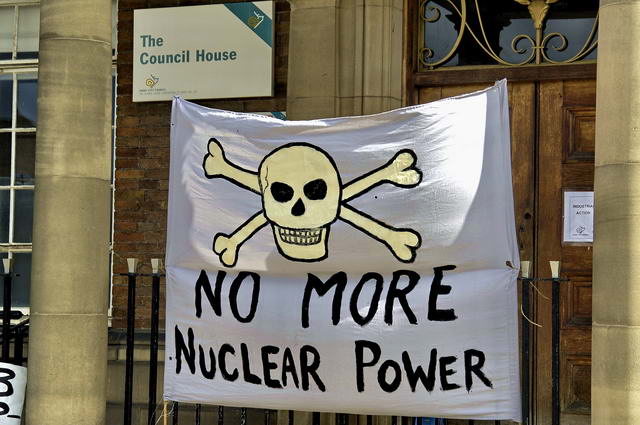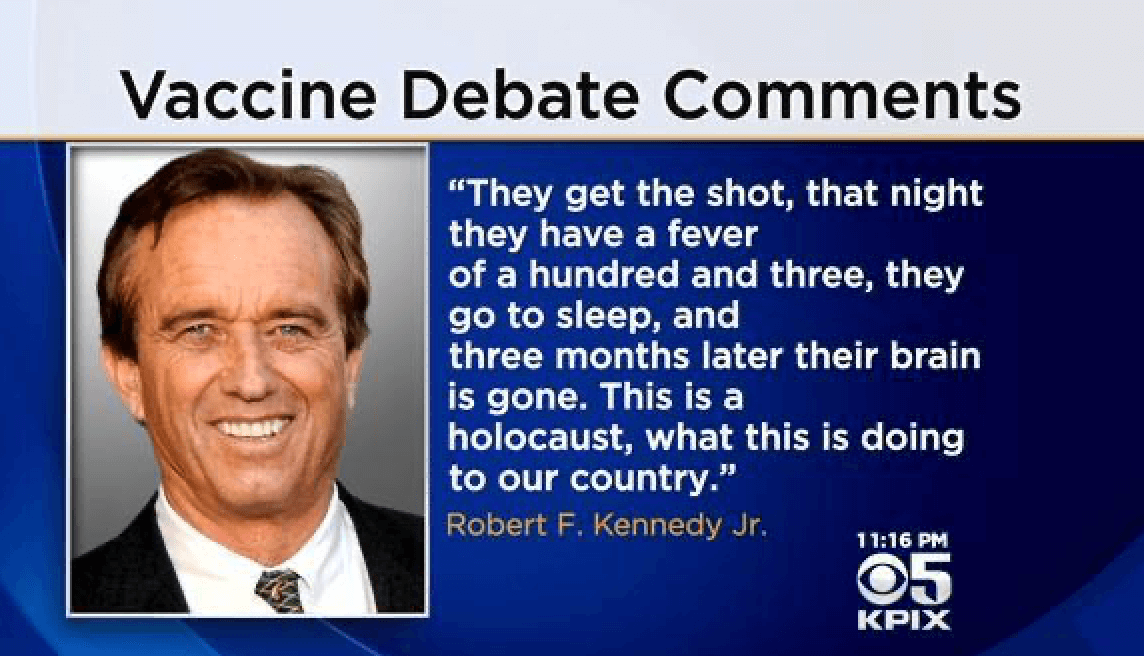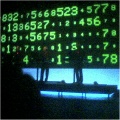Greenpeace was founded on a pretense of humanitarian action - between 1969 and 1971, they gathered together because they wanted to put an end to hydrogen bomb testing. Later they lost their way and it became about whales and, in the US, being a political action committee for an entire raft of anti-science issues, protesting everything from clean energy to food. Thanks for doing your part to cause global warming, Greenpeace.
Food, medicine and energy are three of the most crucial problems we face today - and they are all protested by a common demographic.
Science tends to think on the supply side - how to feed more people, how to get energy to everyone, how to save lives - while anti-science activists promote mitigation and rationing and retreating into the past. They believe in 13th century energy that hasn't worked, like wind power, unproven herbal medicines and a food system where only the agricultural 1% will be able to eat.
In the wave of articles, blog posts and Tweets that are addressing the impact of the shutdown on science, no one has asked the obvious question: If the president care about science so much, why doesn't he care about science?
I have argued that science should be considered a strategic resource, no different than food and oil - yet the President who declared he was going to "restore science to its rightful place" has done nothing of the kind.
As a kid, I drank raw milk. It didn't kill me. If I got sick from it, I have no idea, kids get sick from lots of things and just want to get back to playing baseball, we weren't thinking about how we got ill.
Jeremy Leggett, who runs the largest solar power installer in the UK, is celebrating the World Energy Congress in South Korea by selling you a book predicting the demise of his competitors in conventional energy companies.
Well, he is going to be right eventually. Though we supposedly hit Peak Oil in 1992, yet still haven't, the math says they can't be wrong forever. To make his case that fossil fuels are doomed sooner rather than later, he invokes the popular standby of people who want to sound science-y: the brain.
In the early parts of Dan Brown's "The DaVinci Code" he spends a great deal of time outlining how both art history (no, really) and his particular brand of religious revisionism are legitimate ... but repressed by Big Religion.
In science, we see that all of the time; X says he can invent perpetual motion or has overturned some aspect of medicine or biology and "dogma" keeps it hidden. It's the myth of the oppressed underdog. Americans love it, it's good reading, David vs. Goliath stuff. It is the story of how America came to be.
 Oil Kept Congo From Starving - Western Academics Don't Seem To Like That
Oil Kept Congo From Starving - Western Academics Don't Seem To Like That China Sells Western Progressives Solar Panels While Switching To Nuclear Power
China Sells Western Progressives Solar Panels While Switching To Nuclear Power If You Care About Earth Day, Stop Buying Organic, Fair Trade And Other Junk Stickers On Products
If You Care About Earth Day, Stop Buying Organic, Fair Trade And Other Junk Stickers On Products If A Weedkiller Turned You Gay, We'd Like To Interview You
If A Weedkiller Turned You Gay, We'd Like To Interview You











